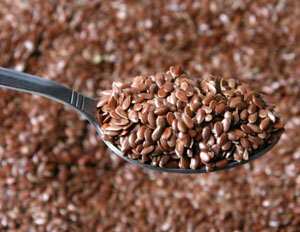
I've been known to be a sucker for supplements from time to time. But all of the research shows that food is the best way to get all macro and micro nutrients. I typically take a multi vitamin. The one recommended to me recently was one with iron. Currently using Rainbow Light Complete Iron System. I also take B12 shots and occasionally a supplement due to chronicly low deficiency (thanks to Matt at the next desk who loves to inject me). I get curious about the benefits from other supplements and if they are needed. Berkley has a newsletter monthly that showcases a nutritional supplement. This month is Zinc. Taken from the website
Zinc
An essential mineral found in almost every cell, zinc is needed for the enzymes that regulate cell division, growth, wound healing, and proper functioning of the immune system. Zinc also plays a role in acuity of taste and smell, and it supports normal growth and development during pregnancy, childhood, and adolescence. Zinc is plentiful in foods. Meats, seafood (especially oysters), and liver are the richest sources of zinc; brewer’s yeast, milk and other dairy products, beans, and wheat germ also supply some zinc. Water contains small amounts of zinc, too. Severe zinc deficiency is most often found in the developing world, but mild zinc deficiencies may occur elsewhere in undernourished people and those on strict vegetarian diets, which may not contain much zinc.
Claims, purported benefits: Cures or shortens colds, relieves prostate symptoms, prevents prostate cancer, enhances sexual performance, prevents or retards age-related macular degeneration (AMD).
Bottom line: Don’t take zinc supplements, but do eat foods rich in zinc. There is no convincing evidence that zinc supplements can shorten or prevent colds, cure prostate problems, or enhance sexual performance. Zinc supplements do increase blood levels of testosterone, which may promote prostate cancer. Large doses of zinc (50 milligrams or more) can also interfere with the body’s absorption of copper, another mineral essential to immune function. Supplementary zinc may help protect against AMD, or at least retard it in those who already have the disease—but talk to your doctor first. Unless you have AMD, there is no reason to exceed the RDA (Recommended Dietary Allowance) for zinc (the amount in most multi vitamin-and-mineral supplements): 11 milligrams a day for men, 8 milligrams for women.


